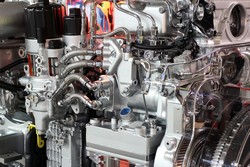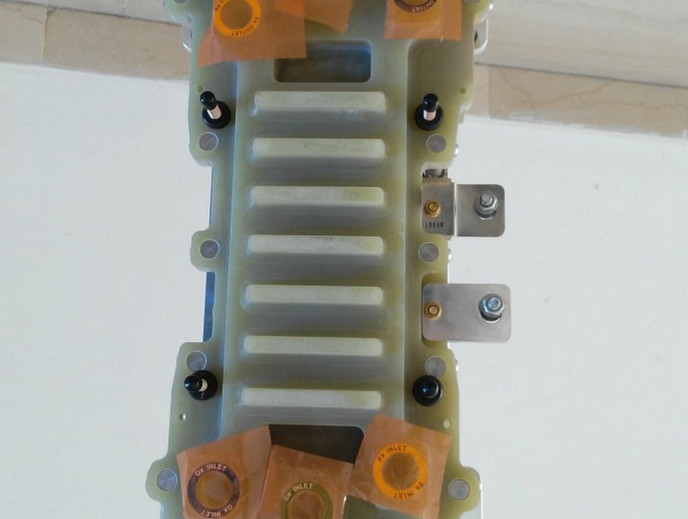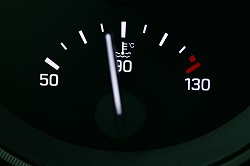More efficient truck engines
Europe's economy depends on a reliable transportation system. Yet, the sector is a significant greenhouse polluter, requiring technological upgrades to improve efficiency and protect the environment. The EU-funded CORE(opens in new window) (CO2 reduction for long distance transport) project developed and tested such new technologies. Focusing on heavy-duty vehicle powertrains, the consortium developed technologies that contribute to a reduction in emissions. The developments are expected to lower fuel consumption by up to 15 % compared with current EURO V engines. Such performance would fall within EURO VI emission legislative limits. Engine development focused on turbocharger systems, variable valve actuation, reduced friction and low-temperature after-treatment. The team also considered the potential of hybridisation and the use of natural gas as a fuel. Researchers developed, redesigned and tested all components and control strategies. Testing showed improvements in fuel efficiency. A EURO VI engine demonstrated a 13 % reduction in CO2 emissions compared with a EURO V engine. Simulations showed four different powertrain concepts that reduced CO2 levels in the 11-18 % range. The CORE project's success offers an achievable pathway to lowered CO2 emissions for long-haul applications. This will benefit both European businesses and the environment.







